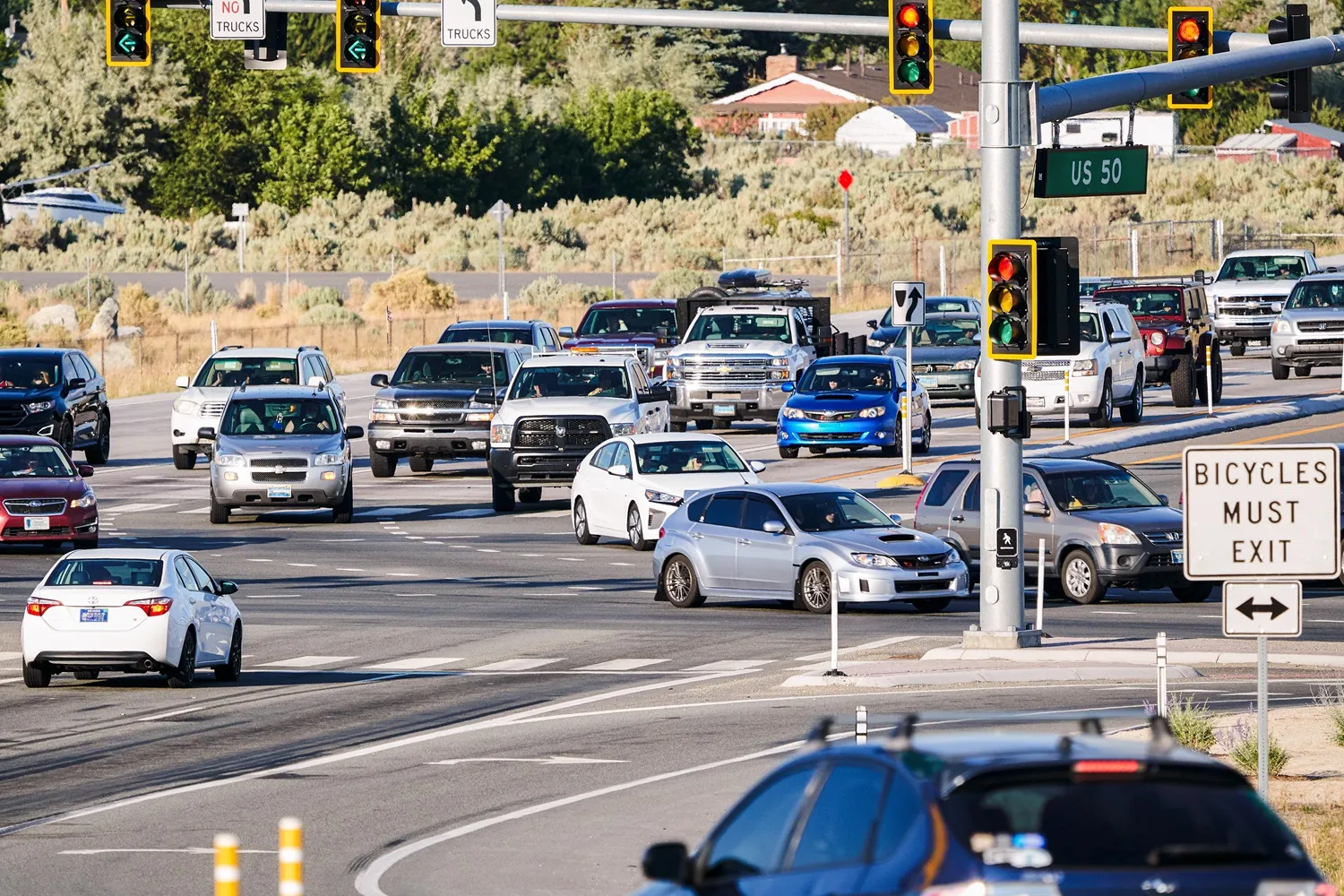
Asecap, the European Association of Operators of Toll Road Infrastructures, has extended the call for papers deadline to 15 October for its Study and Information Days conference in 2025.
Next year, experts from across Europe will gather in Spanish capital Madrid from 26-28 May for the 52nd Asecap Days event that will focus on the continuing shift to greener mobility. More investments for mobility are needed to make successful green transition including in the European Union's Green Deal policy and its Fit for 55 strategy.
Under European Climate Law, the EU committed to reduce its net greenhouse gas emissions by at least 55% by 2030. The Fit for 55 package of legislation makes all sectors of the EU economy fit to meet this target. It sets the EU on a path to reach its climate targets in a fair, cost-effective and competitive way.
For their part, European toll road infrastructure operators propose to foster green projects, including the transformation of the infrastructure to host electric car, buses and trucks to contribute developing safe, inclusive and green mobility solutions to all.
The 52nd Asecap Study and Information Days will focus on how it would be possible to foster safe and mobility solutions by stimulating investments aimed at reaching the EU objectives of Vision Zero in terms of fatalities and in term of CO₂ emissions. It will also discuss sustainable financing schemes to support these transformations and developments without burdening public budgets.
The following topics will be addressed:
- Sustainable road financing schemes;
- Driving Innovation, next generation of traffic management;
- Digital twin-based maintenance and monitoring for road infrastructure;
- Driving Change: tolling system and CO₂ reduction for Net Zero targets;
- Road safety, reaching zero, what needs to be done?
- What’s new in toll collection;
- Cooperative, connected and automated mobility (CCAM);
- Improving mobility data spaces and platforms to ensure enhanced services and cybersecurity;
- Impact of deployment of zero-emission vehicles on road infrastructure;
- Attracting young professionals to tackle future new mobility solutions;
- Sustainable development and environmental protection of road infrastructure.
Potential speakers should submit an abstract not exceeding 400 words by clicking here
Further information and questions? Email Romina Conti of the organising committee at: [email protected]









